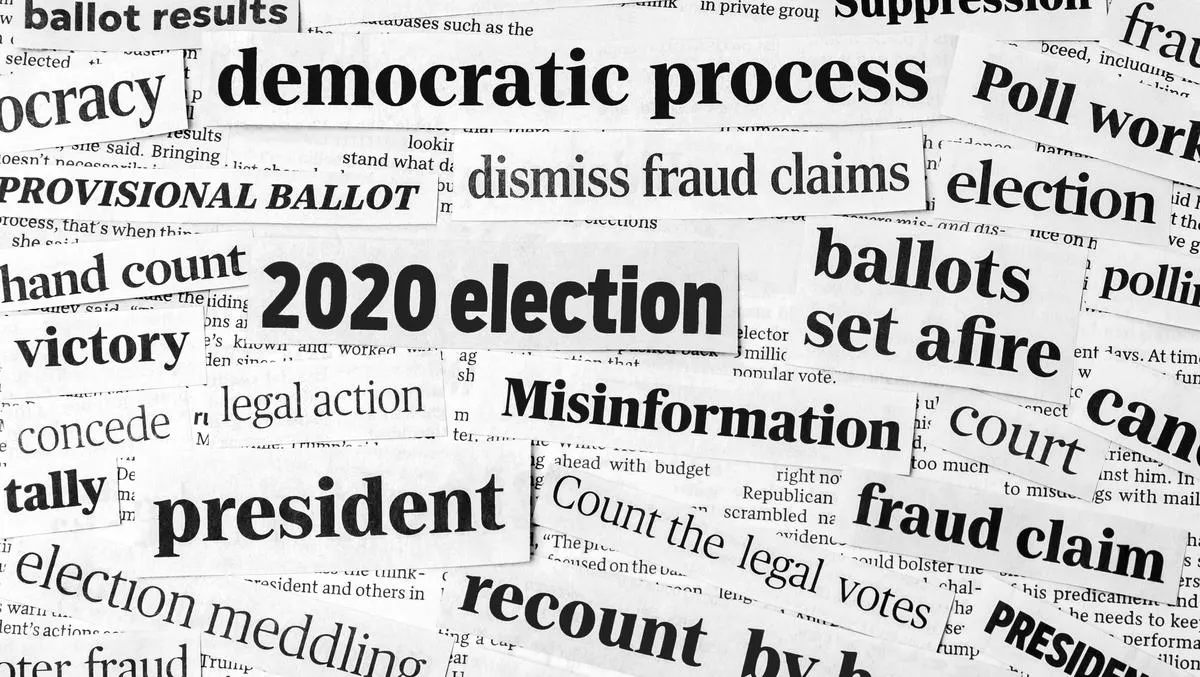
Trump social media ban too little, too late
Moves by social media giants to suspend outgoing US President Donald Trump last week will do little to tackle the extent of misinformation online, according to Reset Australia.
Chris Cooper, executive director of the Australian affiliate of the global initiative working to counter digital threats to democracy, said the platforms' failure to act on misinformation had fuelled division in the United States.
"Big Tech has made mega profits by turning a blind eye to the true extent of misinformation on their platforms," he says.
"Social media algorithms are designed to promote the most inflammatory, conspiratorial and outrageous content to keep people engaged and online longer," Cooper explains,
"They have funnelled us into echo chambers where all someone can see is this curated version of the world and the consequences of this are what is playing out in America right now."
According to Cooper, if all the content someone is served on social media says the election was stolen, then it begins to seem like there is public consensus and truth behind it.
"Which leads people to believe that extreme actions like storming the Capitol Building is a rational thing to do," he says.
"Removing one single voice from their platforms is a bit like using a kitchen sponge to clean up a burst water main. It does nothing to stop the torrent of misinformation on the platforms."
Cooper adds, "The platforms must be made to be truly accountable for the division and harm they have created."
Reset Australia is calling on Parliament to compel social media platforms to produce a live list of the most viral content about COVID-19, with the potential for it to be widened to other hot button issues, such as elections. This list would be used by public health officials, journalists and academics to effectively track and trace misinformation about the virus and better target health messages and information.
"We all know misinformation is out there, but we don't have a bird's eye view of the scale of the problem. Only the platforms do - which is why they need to be compelled to list the most shared content about COVID-19," Cooper says.
"Australian authorities and the Australian public should be able to answer questions like: What kind of content is being amplified by these platforms? Who made it? What kind of demographics are consuming it? To do that we need a live list of the most contentious issues our society is facing, so we can begin to tackle misinformation collectively and transparently," he says.
"Because regardless of how we use social media, or whether we use it at all we are all affected by the current lack of accountability."


